Introduction
Since its establishment in 1996 and subsequent initiation of physical implementation of its activities in 1998, TRIT has significantly benefited from the support of the EU. The EU support to TRIT dates way back in 2001 when TRIT initially received approximately EURO 1.05 million (Phase 1-Stabex). Further support amounting to 2million EURO (Phase 2 – Stabex) and 2 million (Phase 3-EDF 10) followed between 2004 and 2009 for supporting mainly three components:
- Support to Research
- Smallholders Nursery Scheme, and
- Farmer Training Program
Support to Research
During this initial support TRIT was able to strengthen research capacity by improving the infrastructure including construction of buildings, purchase of vehicles and other key scientific and research equipment. The Tanzanian tea industry is very grateful to the EU for such generous contribution, which played a significant role in ensuring Tanzania has a modern research facility, capable of supporting the continued development of the industry.
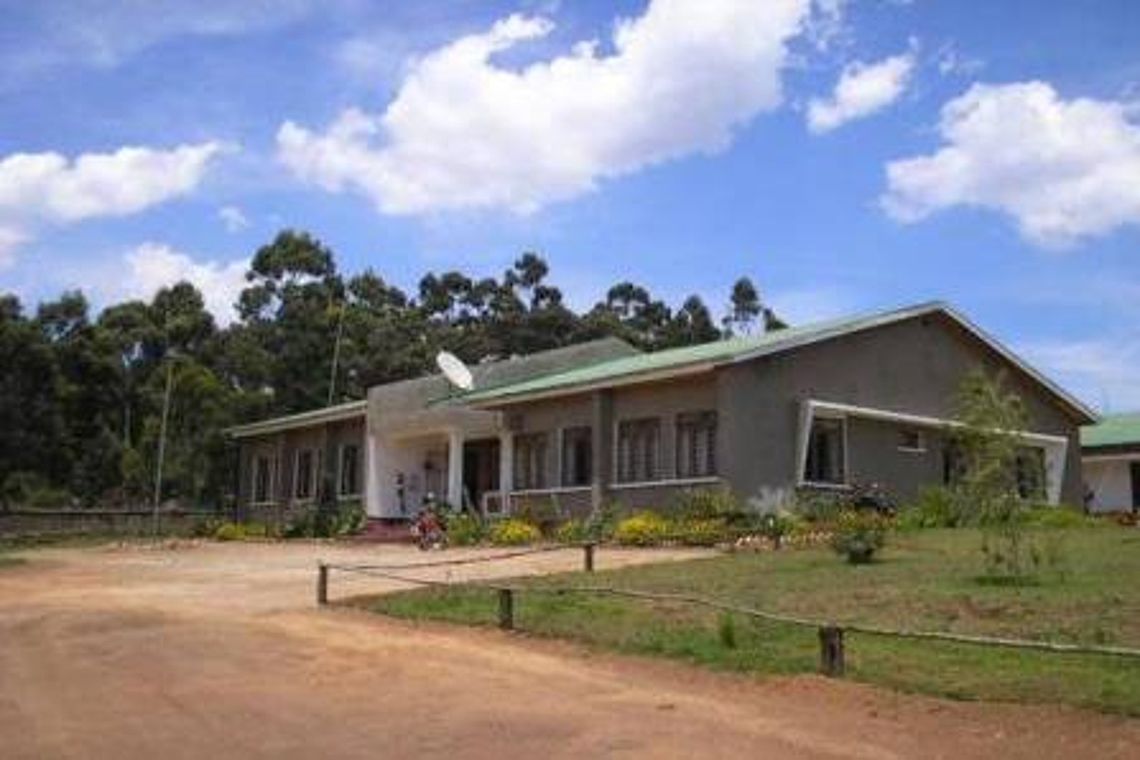 | 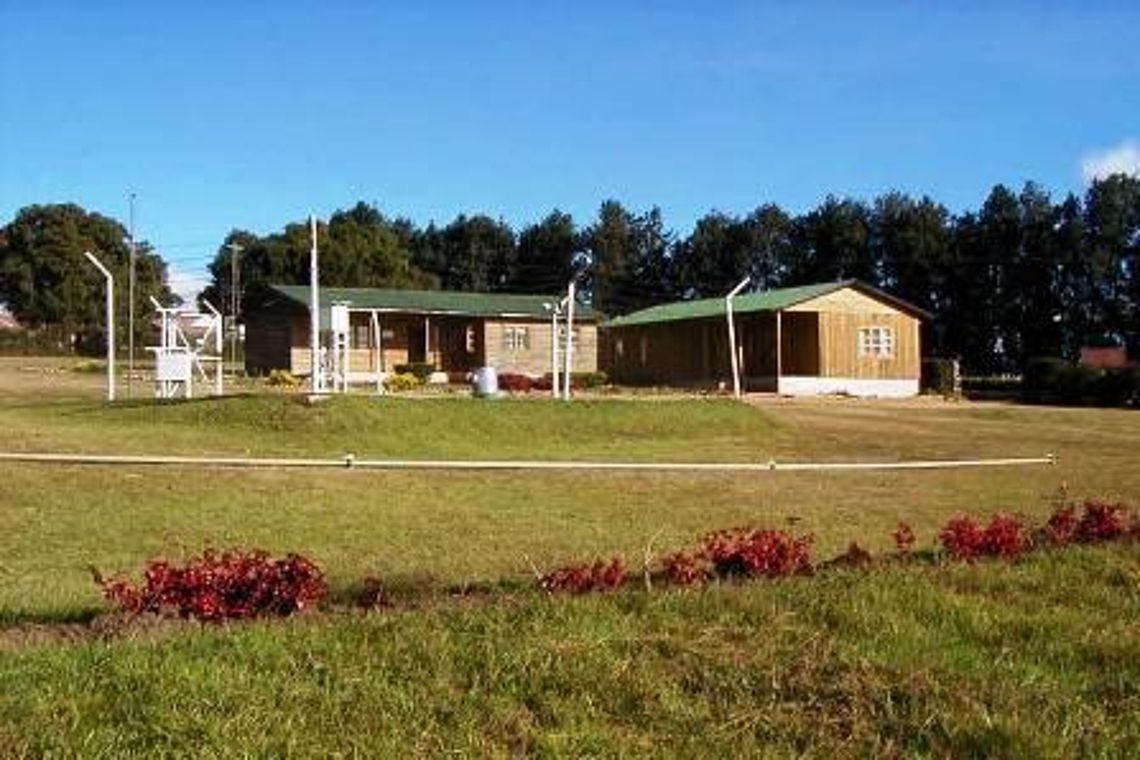 |
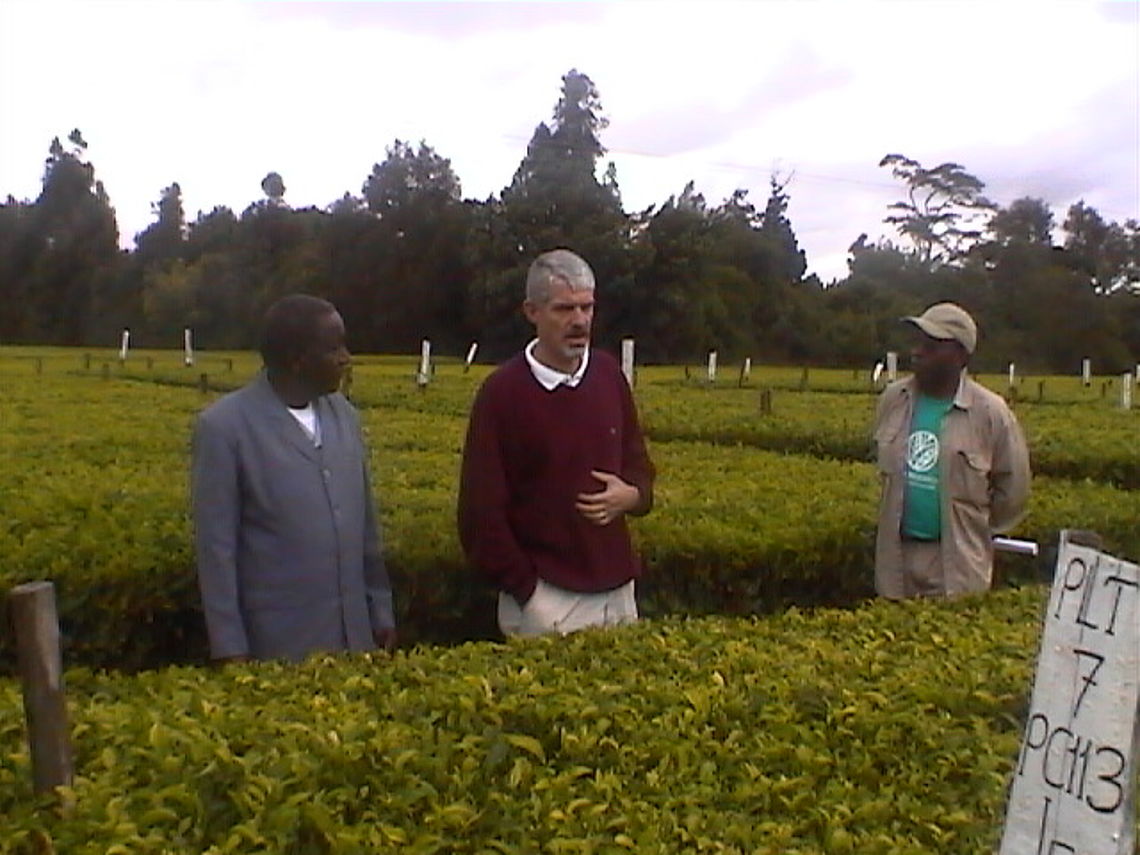 | 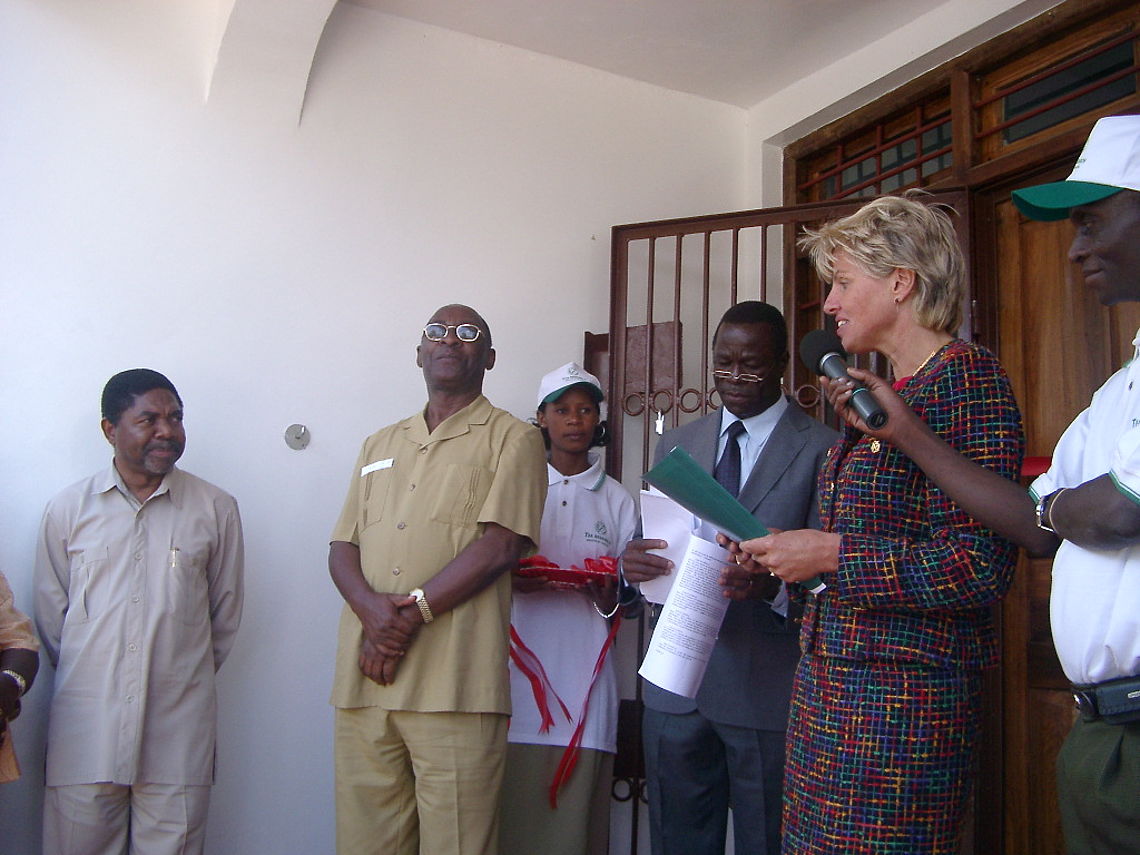 |
Smallholders Nursery Scheme
During a first phase of EU support, remarkable achievements were also recorded in the area of smallholders nursery scheme whereby over 9 million plants was propagated by the smallholders tea farmers against a target of 6 million plants for three years (2001 – 2004). The approach was to mobilize farmers into groups to facilitate easier training on techniques of tea plant propagation and the actual production of tea seedlings. Most of the tea growing districts of Tanzania were covered by this project. Until June 2011 over 62 million tea seedlings were propagated and distribute to farmers for both infilling as well as establishment of new tea gardens. Before the EU support, lack of a reliable source of planting materials had been identified as one most significant constraint towards the expansion of the Tanzania smallholder’s tea sub-sector.
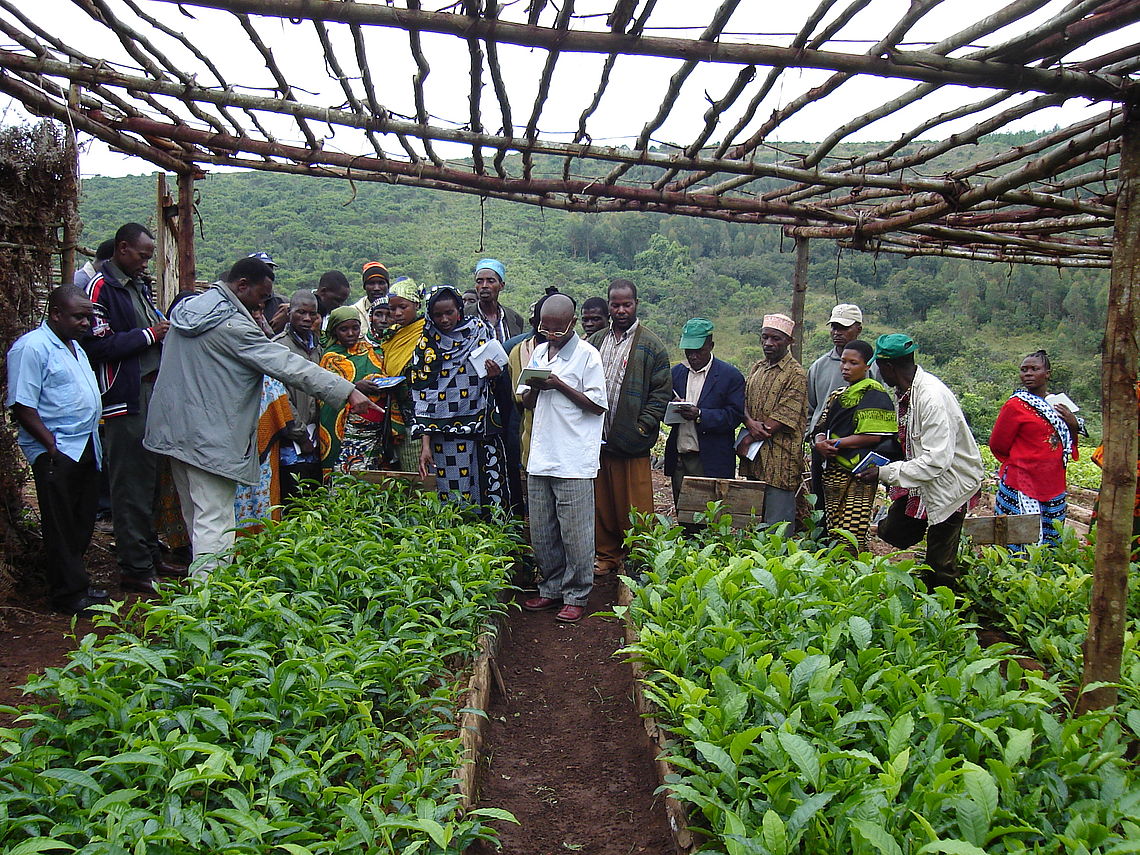 | 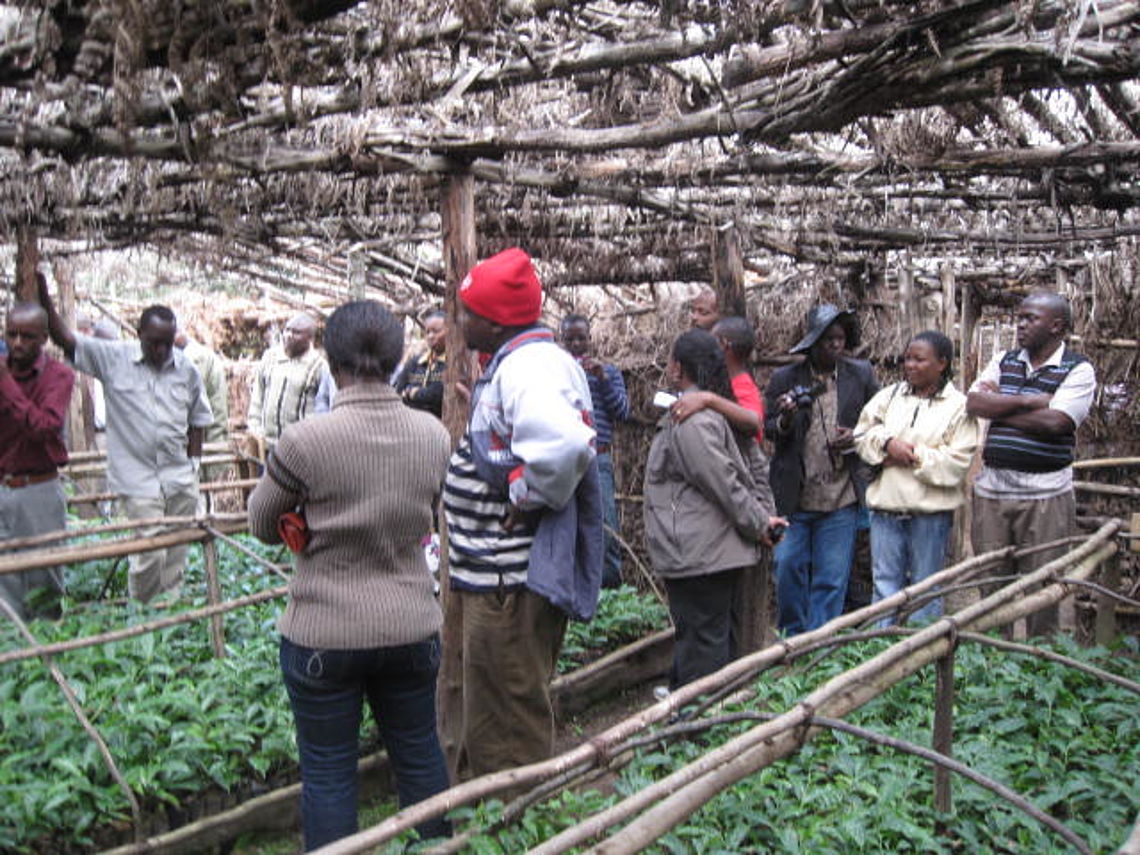 |
Farmer Training Program
Another area where the EU support covered is on Farmer Training Programme. During the first phase of three years over 4,800 farmers and 185 extension workers were trained. Until June 2011 a cumulative total of over 63,900 farmers were trained through this programme. Training measures which were implemented include On-site, on-farm and on-station training sessions. These types of Training activities involves intense interaction between TRIT researchers and farmers which is a very unique model of technology transfer.
The model allows for instant dissemination of the newly developed technologies from the core research programmes while facilitating instant feedback from farmers on the same. Important technologies such as micro irrigation, fertilizer related recommendations, soil fertility management and general tea agronomy including tea nursery management are some of the specific technologies imparted to participating farmers.
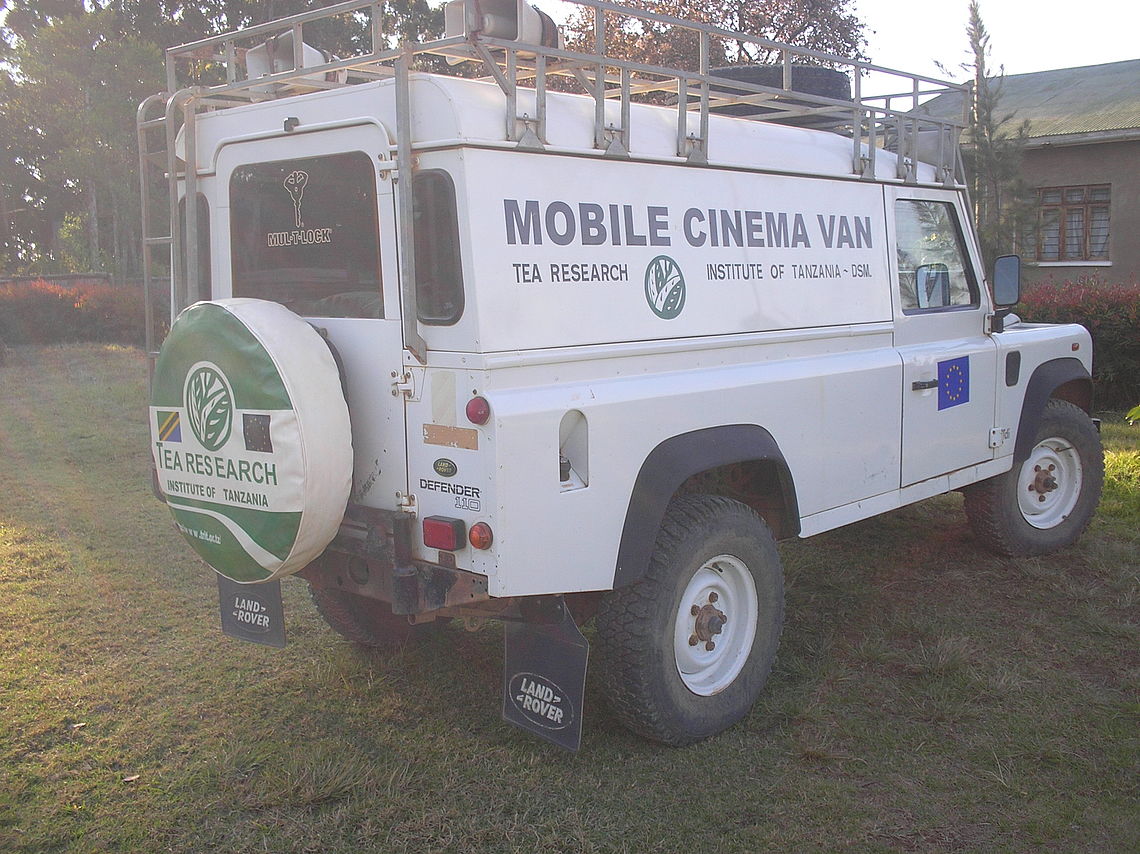 | 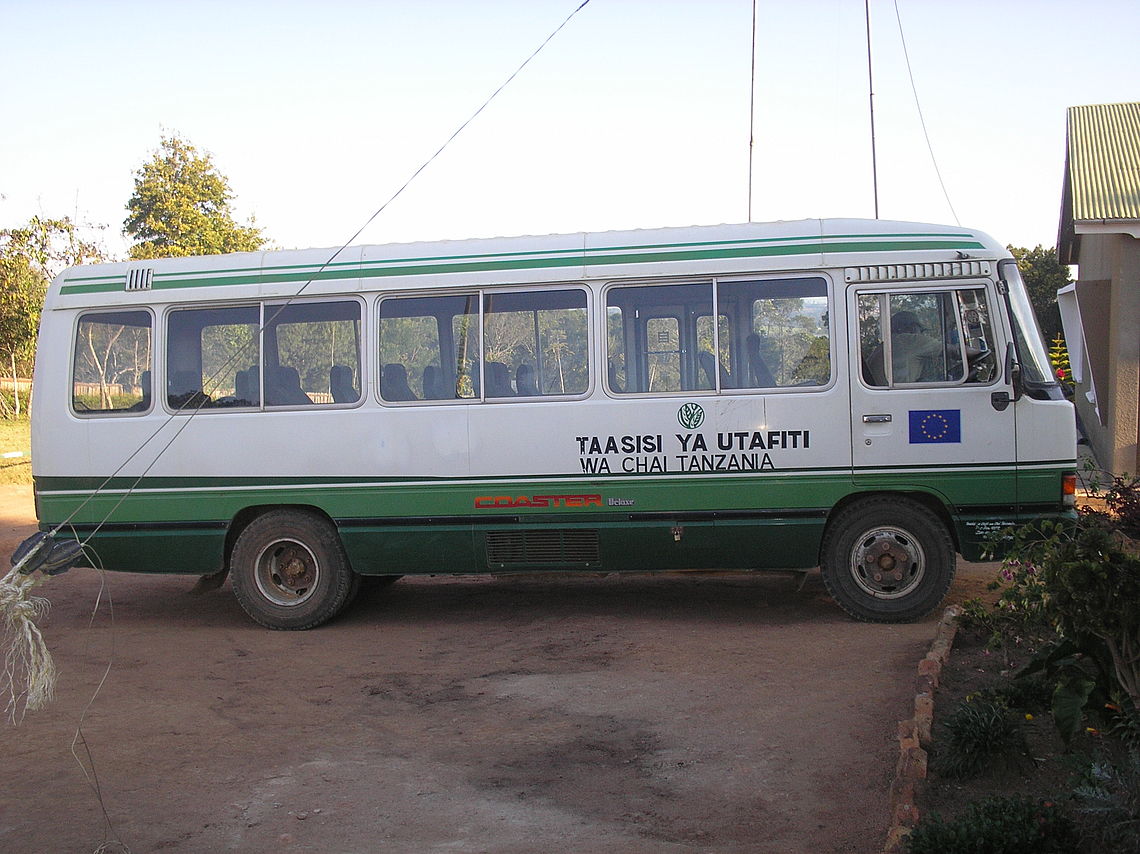 |
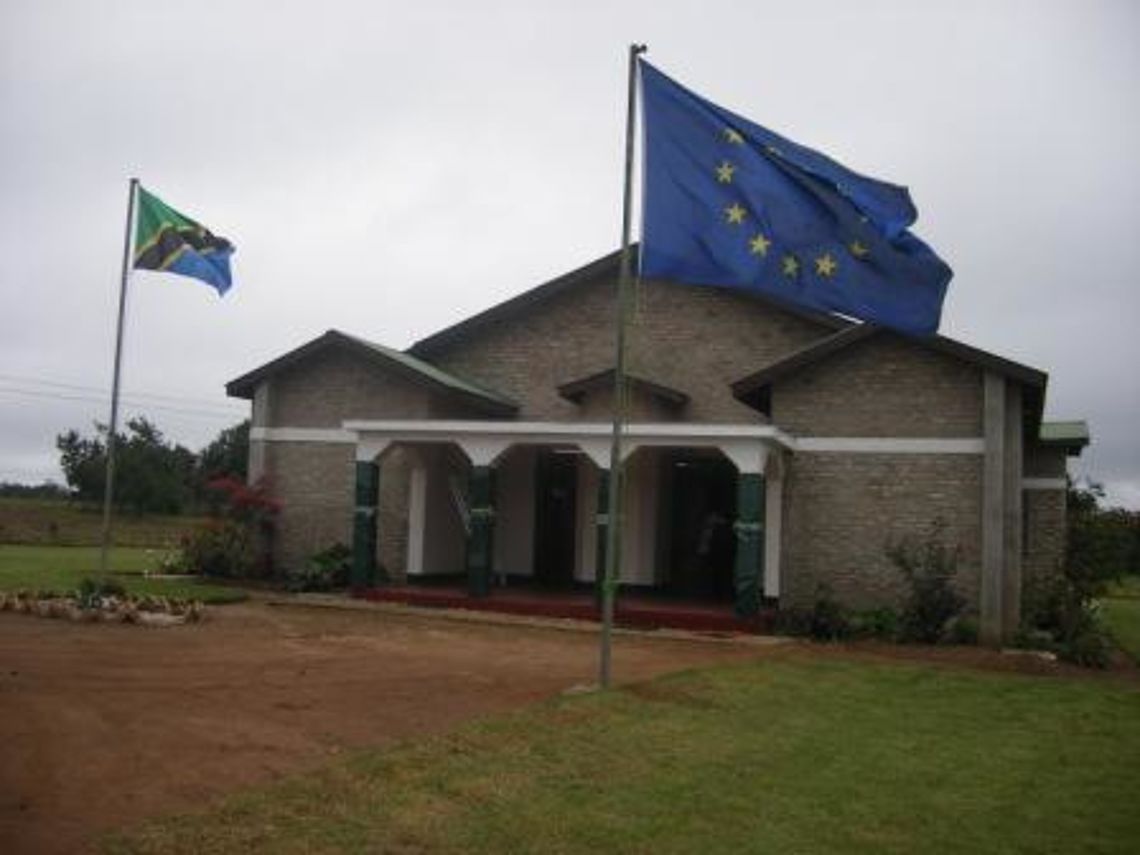 | 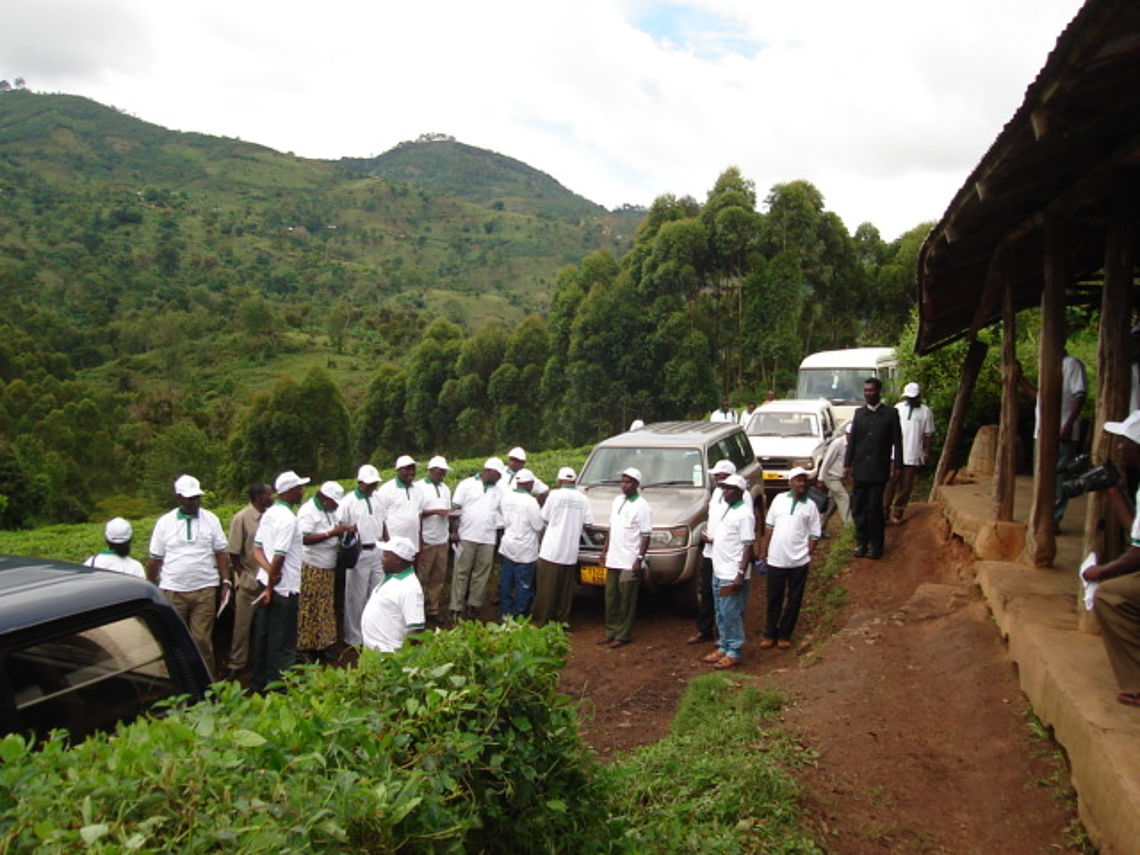 |
Other EU Supported initiatives:
TRIT relationship with the EU cover other cross-cutting issues such as climate change and its mitigation, social related issues such as HIV Aids awareness which are normally incorporated in the current on-going programmes. The Head of EU delegation, His excellence Ambassador Tim Clarke launched a massive tree planting campaign at TRIT’s Igoda Farm. The initiative commits TRIT in an ongoing programme to Plant at least 7ha of forest trees to curb carbon emissions estimated to be generated by Umoja House, the building in Dar Es Salaam that accommodates various embassies including the Delegation of the European Union.
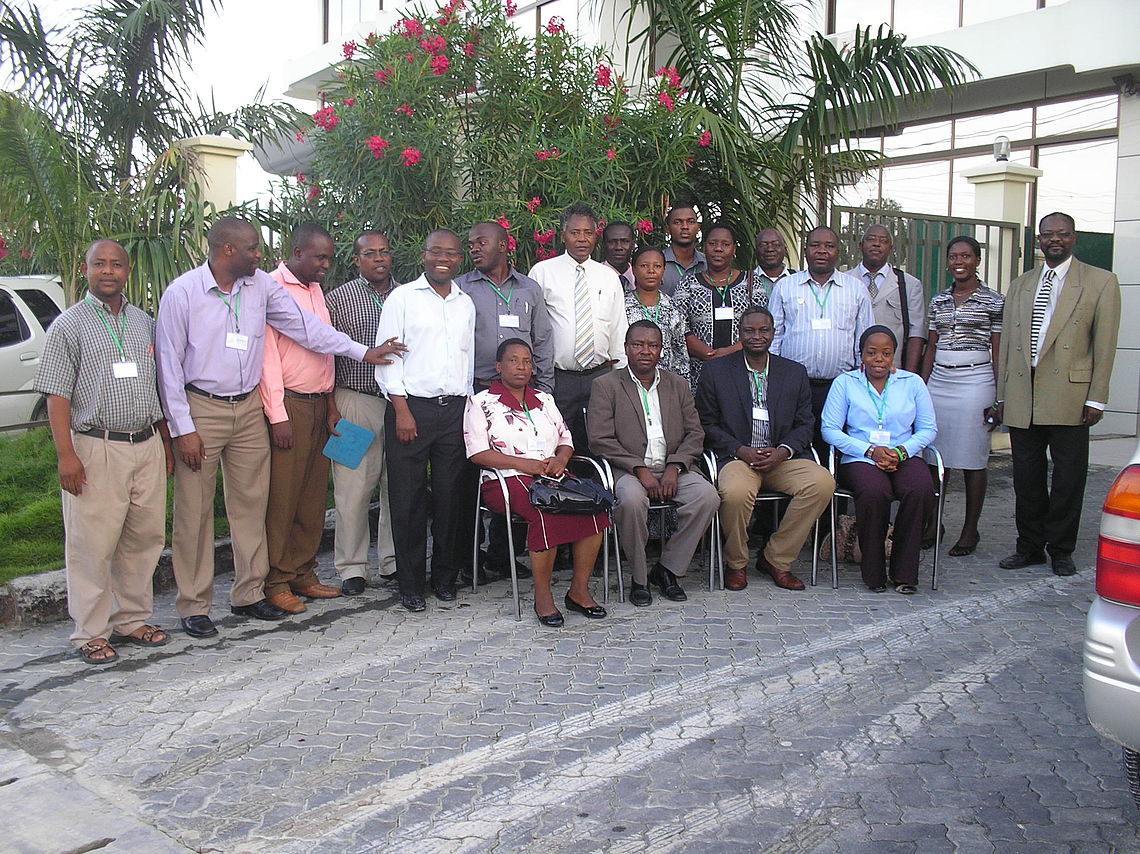 | 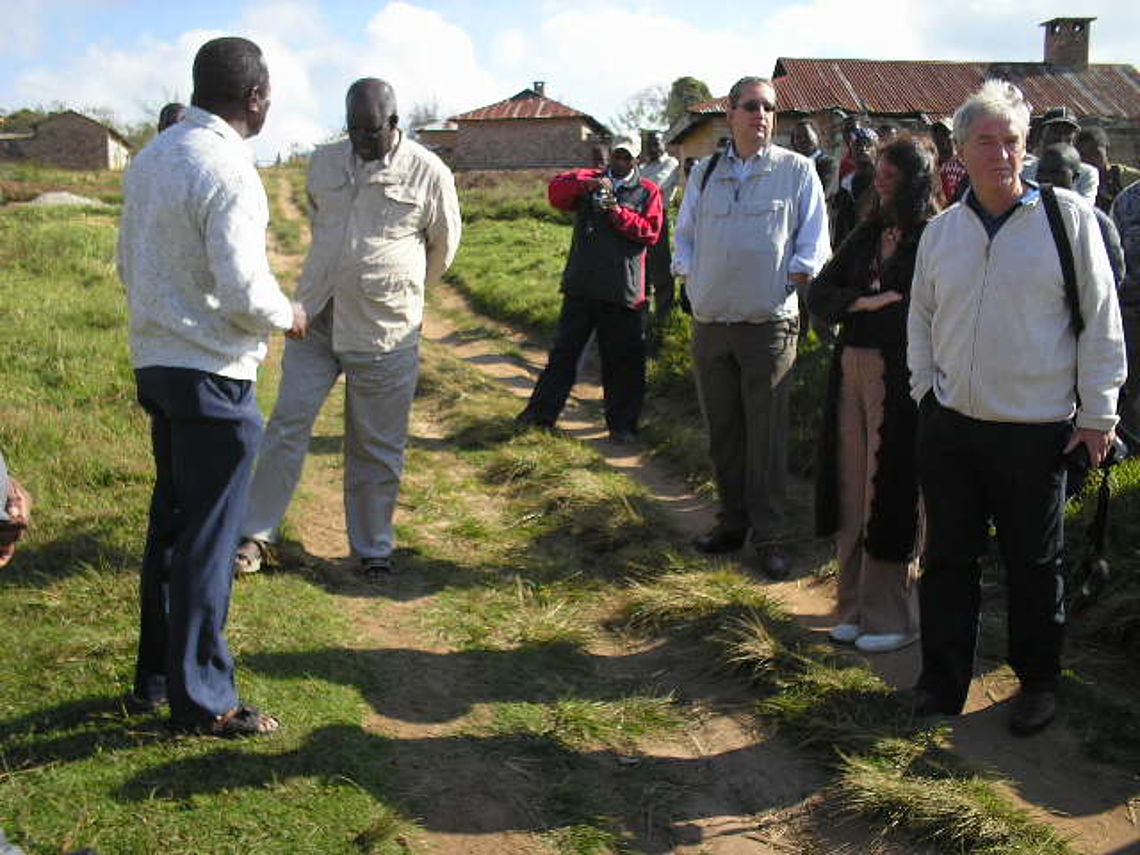 |
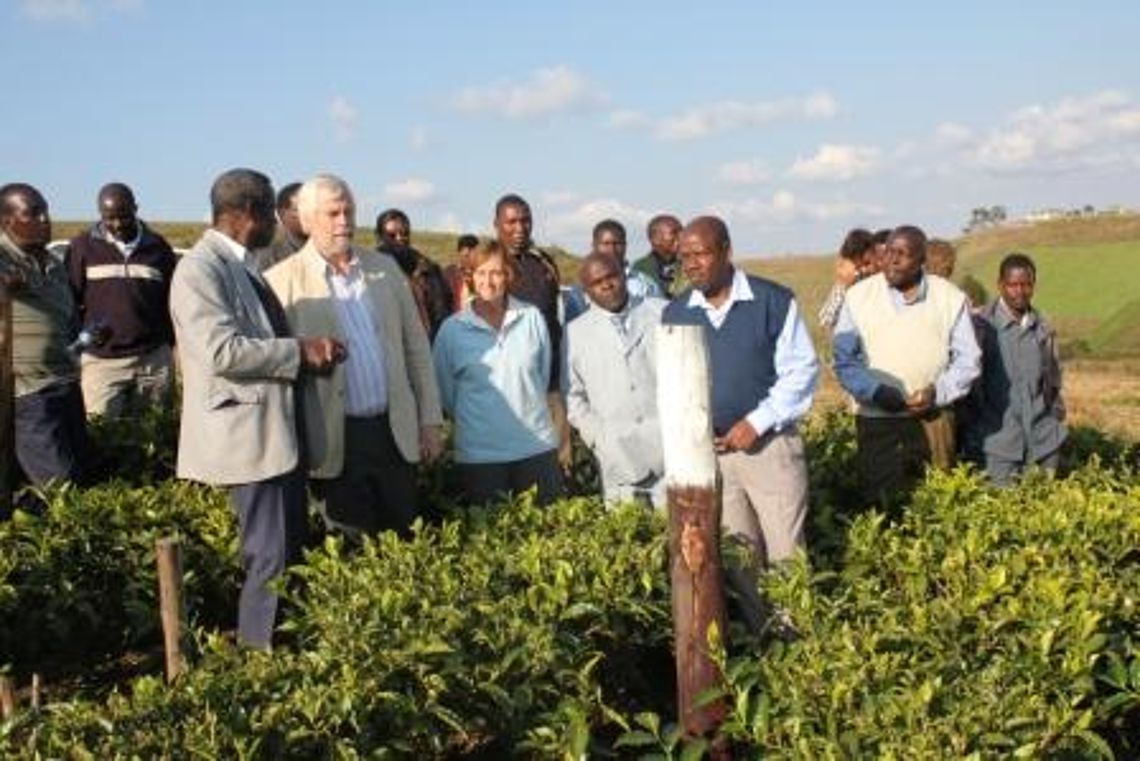 | 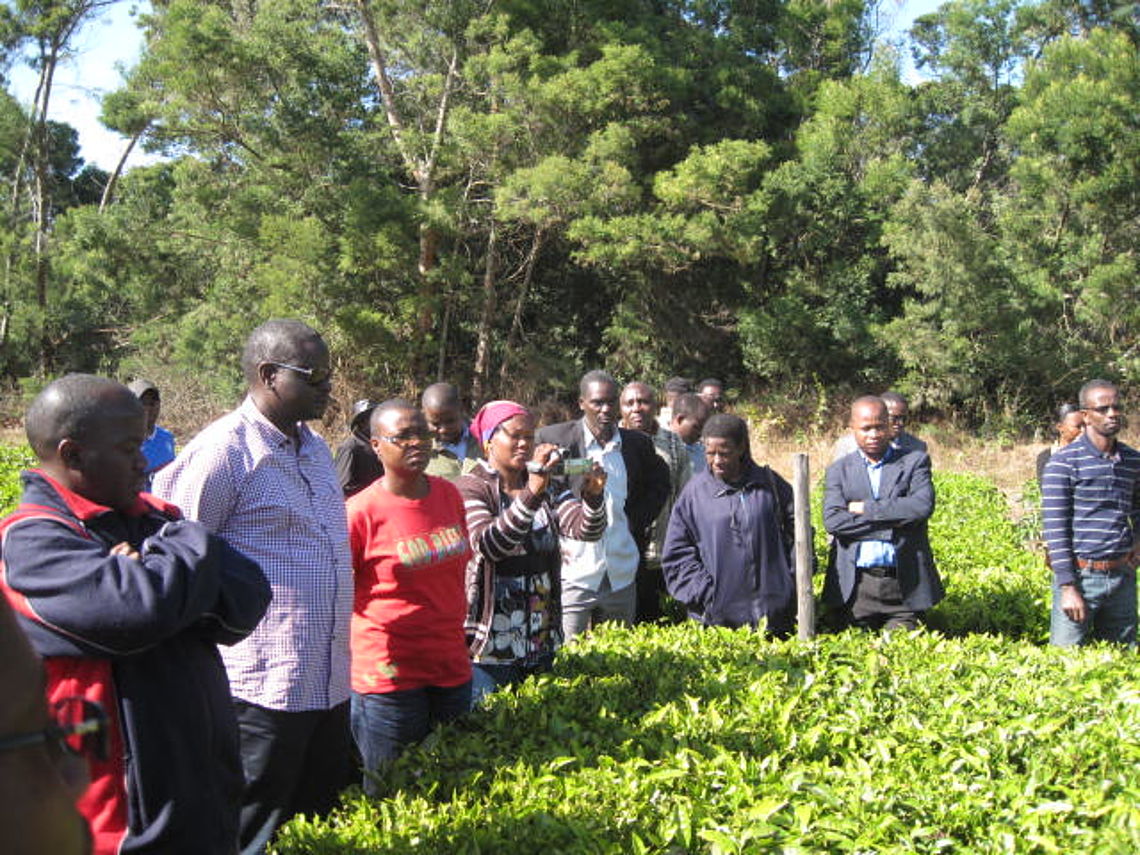 |
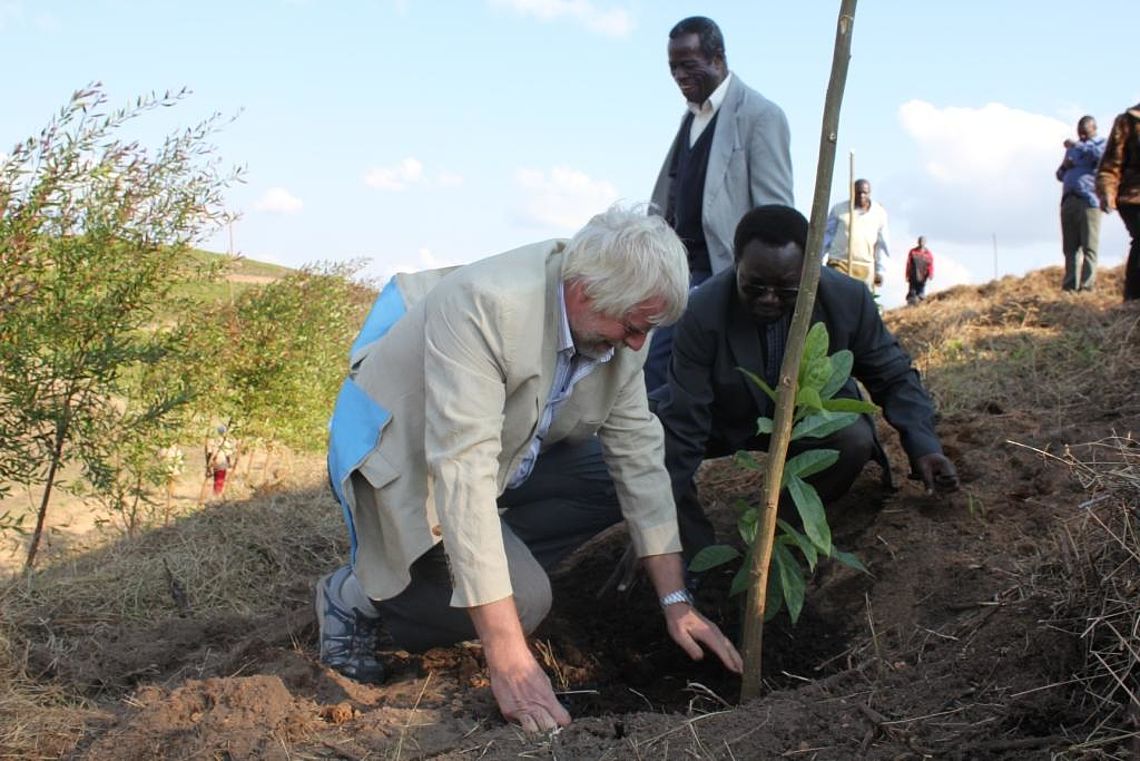 | 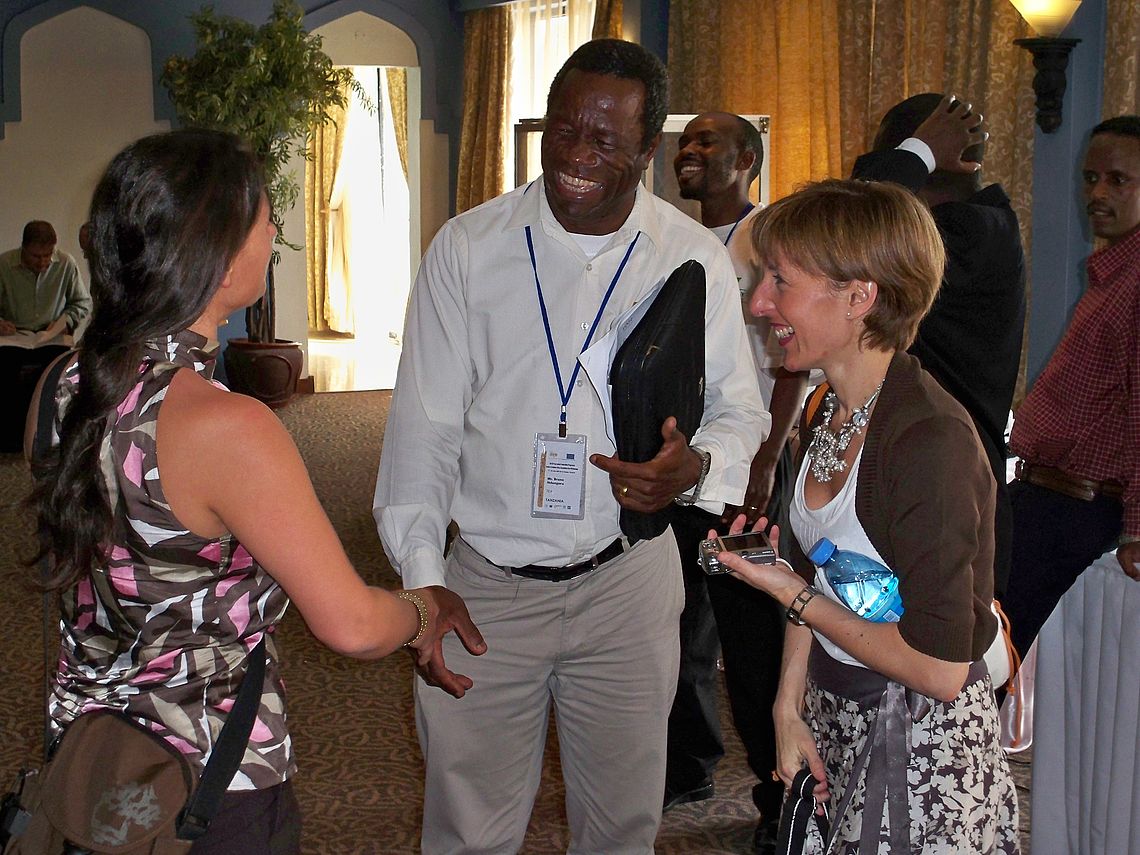 |
